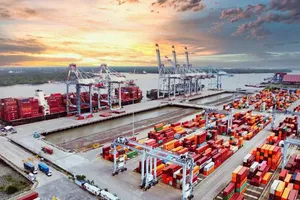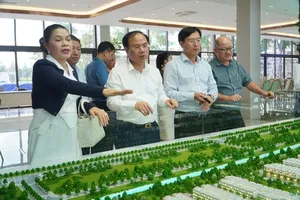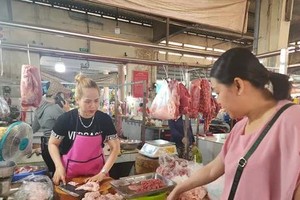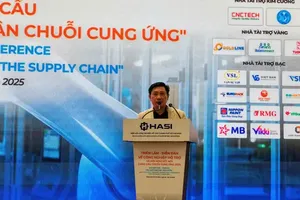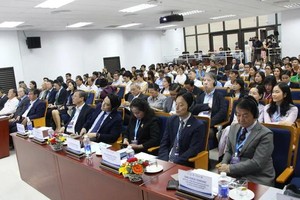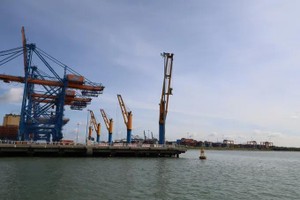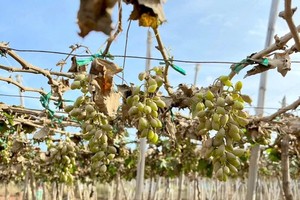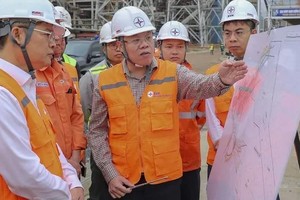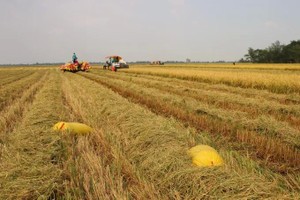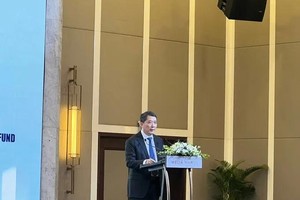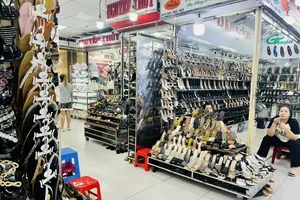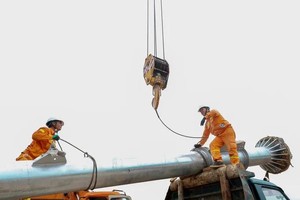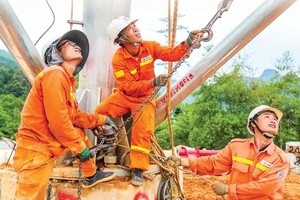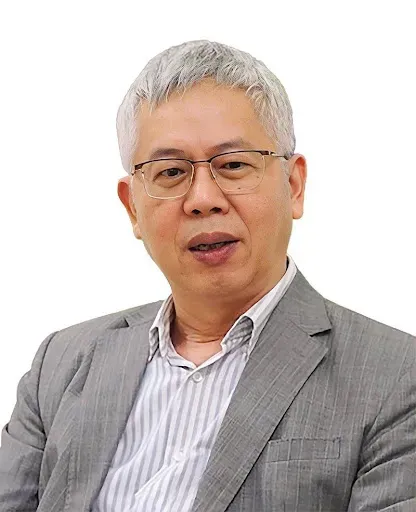
The amended Law on Management and Investment of State Capital in Enterprises officially took effect on August 1, a full four months ahead of schedule. Sai Gon Giai Phong Newspaper has conducted an interview with Dr Nguyen Duc Kien, former Head of the Prime Minister’s Economic Advisory Group, to discuss the law’s key breakthroughs and its potential impact on Vietnam’s economic growth through 2030.
Dr Nguyen Duc Kien first mentioned the breakthroughs of this amended law compared to other applicable laws in Vietnam.
- It grants significantly stronger autonomy to state-owned enterprises (SOEs). They can now determine their own strategies, business plans, compensation policies, and capital mobilization methods based on market principles.
- It clearly delineates the State’s dual roles as a government regulator and a capital owner. The owner’s representative agency will no longer interfere in the day-to-day operations of an enterprise, as it did before; instead, its oversight will be based on output and results.
- The law’s scope has been expanded to cover enterprises where the state holds a dominant share and credit institutions with over 50 percent of state capital, rather than just SOEs that are 100-percent state-owned.
He then strongly confirmed that these updates are able to create considerable transformations in the SOE sector. The new law doesn’t just create a stable legal framework; it helps enterprises break through their own internal bottlenecks.
For instance, in the past, an SOE’s five-year business plan was often delayed waiting for official approval. Now, the law allows the enterprise to draw up and implement its own plan. The owner’s representative agency will only monitor key performance indicators like revenue, profit, and return on equity.
The slow approval process for investments and loans is now a streamlined “report and monitor” system, allowing SOEs to be more agile. Crucially, they can now allocate up to 50 percent of after-tax profits for reinvestment and tech innovation, removing a major bottleneck.
SOEs also gain full autonomy over employee compensation, ending the demotivating “request-grant” system. With previous investment barriers, including those in real estate, now lifted and the ability to grant internal loans, SOEs have gained unprecedented operational and financial flexibility.
Answering the inquiry about the contribution of these new legal contents to Vietnam’s economic growth targets through 2030, especially the goal of achieving over 8 percent growth this year, Dr Nguyen Duc Kien informed that Vietnam currently has over 670 SOEs, which collectively hold nearly VND4 quadrillion in assets (approximately US$160 billion, according to 2024 Ministry of Finance data) and contribute nearly 30 percent of the nation’s GDP.
If this potential is properly harnessed, the SOE sector can absolutely help push the national growth targets across the finish line, alongside the private and FDI sectors. In the long term, as SOEs begin to operate transparently and efficiently according to true market principles, they will become a leading force in pillar industries, creating a powerful catalytic effect for both private and foreign investment.
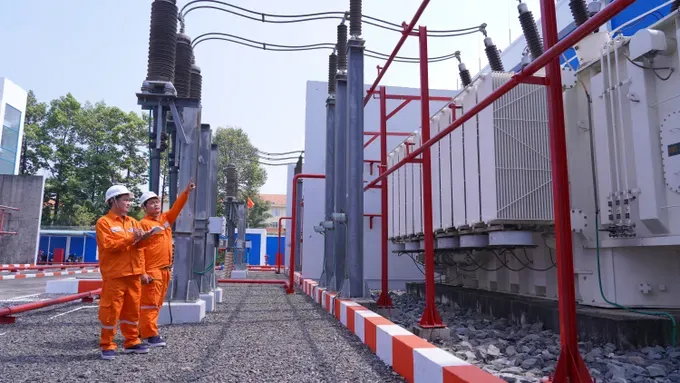
He then mentioned the Government’s plan to submit a new SOE development plan to the Politburo, including a comparison of SOEs’ growth relate to the private sector, which is considered the economy’s most important pillar (as stated by Resolution 68-NQ/TW). The role of SOEs is to be a stabilizing force, leading the way in strategic sectors that the private sector is not yet able or willing to enter, such as infrastructure, energy, and national defense.
The development of SOEs doesn’t suffocate the private sector; on the contrary, it can create leverage for it. When an SOE makes a large-scale investment, it creates a ripple effect, pulling along supply chains, services, and technology providers where private companies can participate and profit. For the FDI sector, a well-governed SOE can become a valuable partner, not a competitor, in regional and global value chains.
Dr Nguyen Duc Kien also voiced his three proposals for the sustainable development of all three sectors – SOE, private, and FDI.
- It is compulsory to ensure a level institutional playing field. Laws on investment, taxation, and competition must be applied uniformly to all, including SOEs, with no special privileges or disguised subsidies.
- SOE development should be concentrated in strategically important sectors like logistics, energy, and tech innovation, not spread thin across the board.
- It is crucial to strengthen linkages between the three economic sectors. SOEs should be tasked with anchoring key industrial clusters and economic zones, working with private and FDI firms to build industry ecosystems that enhance the national competitiveness.
As to the matter of granting SOEs too much autonomy leading to potential abuses of power or a lack of oversight, especially since a number of state corporation leaders have been entangled in legal troubles, Dr Nguyen Duc Kien commented that the most sensible solution is to tighten accountability and strengthen supervision.
To counter concerns about autonomy, the new law makes SOE leaders directly accountable to the Prime Minister for any capital loss, with the Finance Ministry drafting three new decrees on supervision and transparency.
For this reform to succeed, two prerequisites are essential. SOE leadership must adopt a market-driven mindset focused on creating value, and regulators must urgently issue guiding documents to ensure the law can be implemented without delay. This ensures accountability accompanies their newfound freedom.
On July 24, 2025, the Prime Minister issued Decision No.1588/QD-TTg, establishing a Steering Committee to develop a project on enhancing the efficiency of the state economy. Prime Minister Pham Minh Chinh will serve as the Head of the Committee. The committee is tasked with preparing the project and submitting it to the Politburo in September 2025 for the issuance of a new resolution on the state economy. The Ministry of Finance will act as the standing body assisting the committee.
